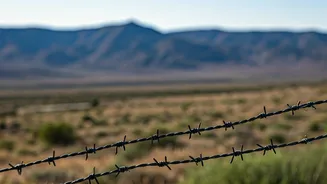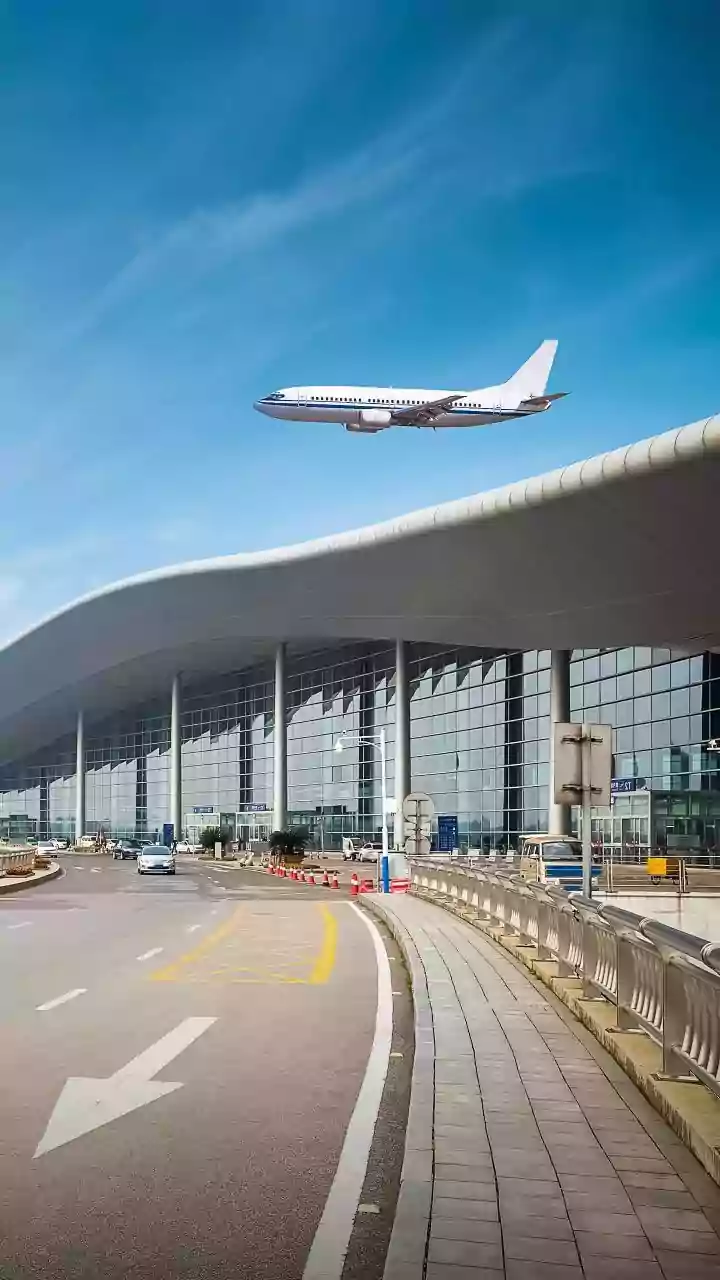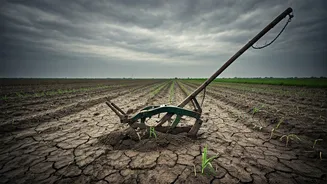Clashes Erupt on Border
The shared border between Pakistan and Afghanistan has recently been the scene of intense conflict. Initial reports indicated that dozens of people had
been killed, and many more were left injured, as violence flared up along the border. The exchange of gunfire prompted immediate international attention and calls for de-escalation to prevent further loss of life. These tragic events triggered a chain of diplomatic activities as both sides struggled to control the situation.
Ceasefire Implemented Swiftly
In response to the escalating violence, a 48-hour ceasefire was quickly agreed upon by both Pakistan and Afghanistan. The agreement was reached late on Wednesday evening, and both sides committed to halting the hostilities. This ceasefire was viewed as a critical step in preventing the conflict from worsening, but the true test would be how effectively it could be maintained. There were immediate efforts focused on implementing the ceasefire, and many hoped it would pave the way for further talks aimed at a more lasting resolution.
Taliban's Role and Tanks
Reports included the claim that the Taliban had seized tanks from Pakistani forces. Videos of tanks racing through Afghan streets were circulated, adding another layer of complexity to the situation. This suggested a degree of escalation. As the Taliban now governs Afghanistan, its actions and relationship with Pakistan are central to understanding the dynamics of the border conflict. The issue of the seized tanks and their status added another factor to be considered, highlighting the challenges in the region.
Underlying Tensions Exposed
The recent clashes have exposed underlying tensions between Pakistan and Afghanistan. These tensions may stem from border disputes, historical grievances, or differing strategic interests. The relationship between the two nations has often been strained, with past conflicts and disagreements. The current clashes highlight the need to address these unresolved issues to build a stable and peaceful relationship. Addressing these underlying tensions will be necessary to move forward and ensure lasting peace.
Regional Impact and Beyond
The conflict has wider implications for the region. The security situation along the Pakistan-Afghanistan border directly impacts regional stability. The clashes can destabilize neighboring countries. International actors may need to get involved to aid in resolving the situation. The ongoing violence could potentially disrupt trade and economic activities. The impact of the conflict will therefore likely affect the entire region, requiring collaborative efforts for stability and de-escalation.























